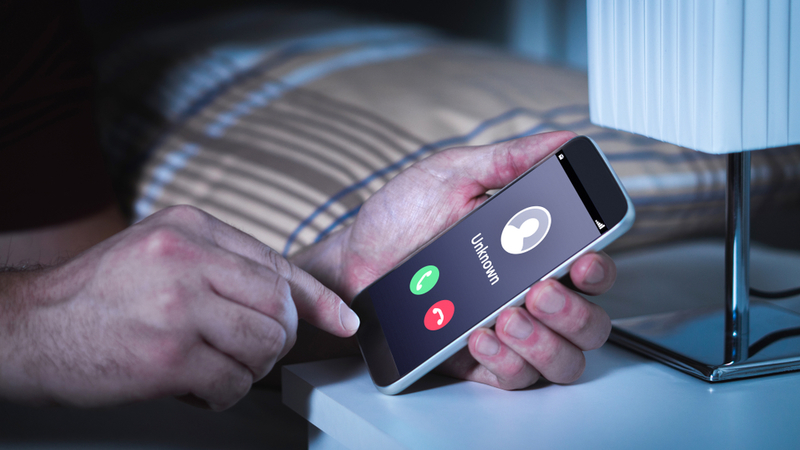Technology is improving faster than ever and we have more ways than ever before to communicate. Unfortunately, this increase in communication channels also gives fraudsters more and more opportunities to prey on our trust and reliable on our devices.
We’ve previously talked about how customers of NatWest bank were targeted by a clever text scam, which made it appear that malicious texts were in fact genuine ones coming from the financial institution itself. Well, now there’s a sophisticated new phone scam doing the rounds, which uses something that the authorities are referring to as ‘number spoofing’ to prey on our emotions and scare us into handing over our money. We’ll explain more about this, below.
Overview of the scam
One of the first reported incidents of the scam came from a case in Yorkshire, where the fraudsters had targeted a man who wisely approached the police with the case. It started with a seemingly innocuous telephone call coming from his wife’s mobile phone, only the voice on the other end of the call did not belong to her. North Yorkshire Police issued the following statement:
"(…) a foreign sounding accent introduced himself as a doctor from the Friarage Hospital, stating that his wife had been in a car accident and required emergency surgery (…)"
The caller put himself in the position of a supposedly innocent bystander who was calling from the mobile phone that belonged to the victim's wife. He explained that the procedure she required wasn't covered by the National Health Service (NHS), and that the man would need to provide a £300 fee for the cost of the surgery; he was asked to disclose his financial information.
As you’d expect, the intention here was to obtain the victim’s banking information, so that money could be stolen from his account. Though the victim did not provide his information to the caller, had he done so, then his account likely would’ve been emptied.
Fortunately, the victim responded to the fraudsters in this instance by telling the caller that he would make his way to the hospital, at which point the caller gave up and ended the call. Immediately following the call, the victim then returned the call to his wife, who was perfectly fine and unaware of the preceding call. Of course, you may now be wondering how her mobile phone was used to make the phone call; this was achieved through ‘number spoofing’.
Number spoofing
A representative of Action Fraud, the UK's anti-fraud branch of the police, explained how this type of scam uses 'number spoofing', which allows a fraudster to clone a telephone number belonging to another person or company. When this telephone number matches a contact stored within your smartphone, it would appear to be originating from that person's mobile phone, without having any involvement from them or their device.
The above case isn’t the only reported incident; police forces have also heard examples of fraudsters posing as hospitals based in locations like Bristol and the South Shields.
What to do in this situation
As is always the case with scams like these, you should never hand over your banking information over the phone, unless you’re speaking with a reputable company that you’ve called to purchase goods or services. Even in this scenario, you still need to remain extremely vigilant.
If you’ve fallen victim to a scam like this and have transferred money to a malicious person or organisation, then you bank may help you to try and recover the transfer by contacting the receiving bank and freezing the funds. However, in most cases, criminals will immediately try to siphon off any money received to avoid this happening. In cases where the money has been removed from the destination account, you’ll often find that victim’s banks are unwilling to refund out of their own pocket, as the transfer has been made voluntarily, even if it was a bad judgement call.
If you haven’t been targeted by a call like this, you should be on guard against unusual scenarios in the future. If you’re called on a recognisable number, but by a speaker that you don’t recognise, then hang up and dial the real number back if you have any doubts. You should also remember that the NHS is a free service. Although there are certain scenarios that might be liable to fees, such as non-UK residents or incredibly niche procedures, generally speaking, the NHS won’t try to charge you for lifesaving emergency surgery.
Speak to WiseGuys for more advice
Even if you’re the type of person not to fall for this kind of scam, you should be on high alert for your close friends and family. Often, it’s the elderly who are targeted with this kind of scam and who tend to be less familiar with the technology abused by these criminals. For somebody not too familiar with a smartphone, it could easily appear that this is a genuine phone call.
WiseGuys can provide more advice on how to keep yourself safe from scams like these. If you’d like to discuss your device security with one of our friendly support agents, then you can reach us by phone on 0808 123 2820.



Recent Comments